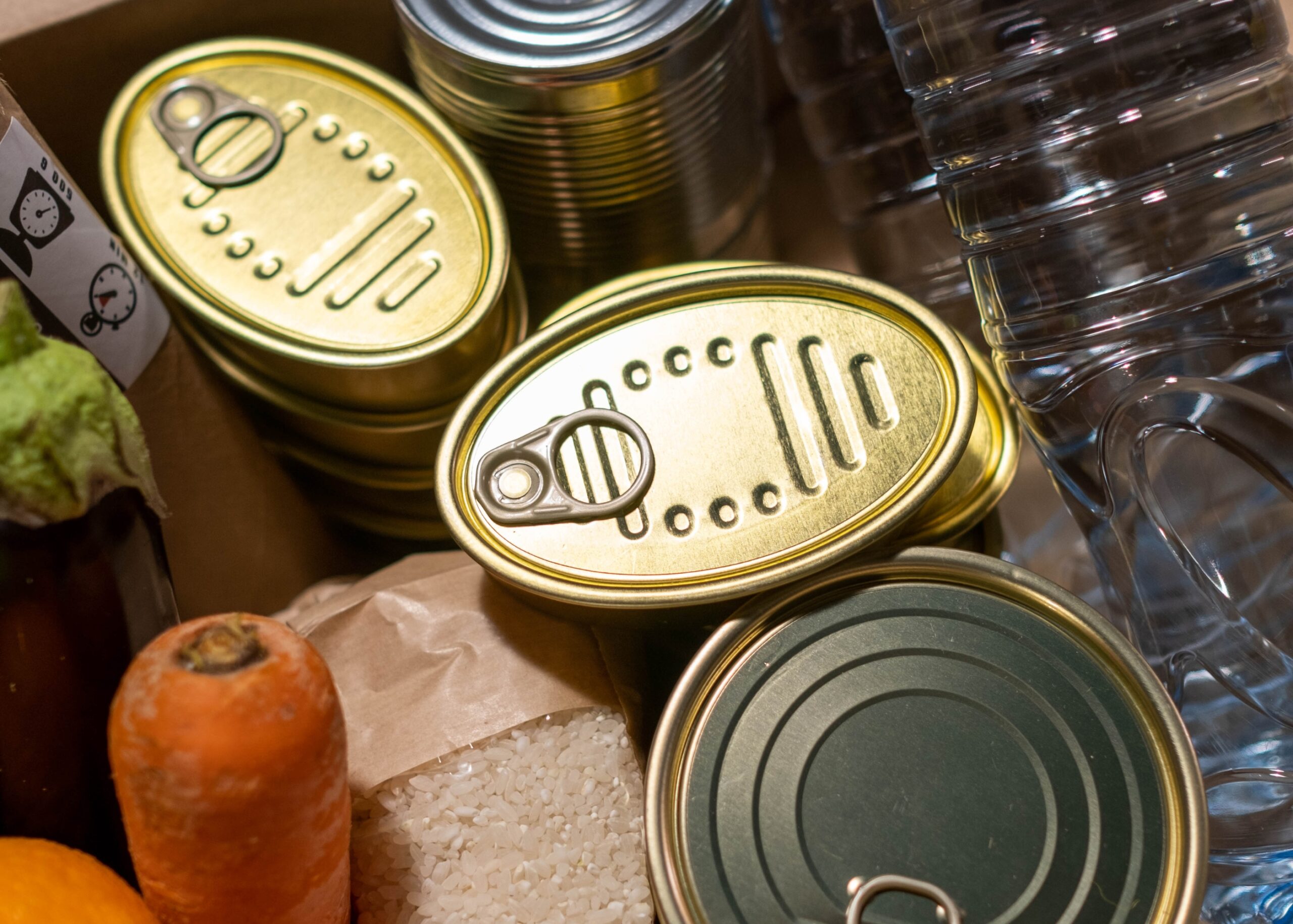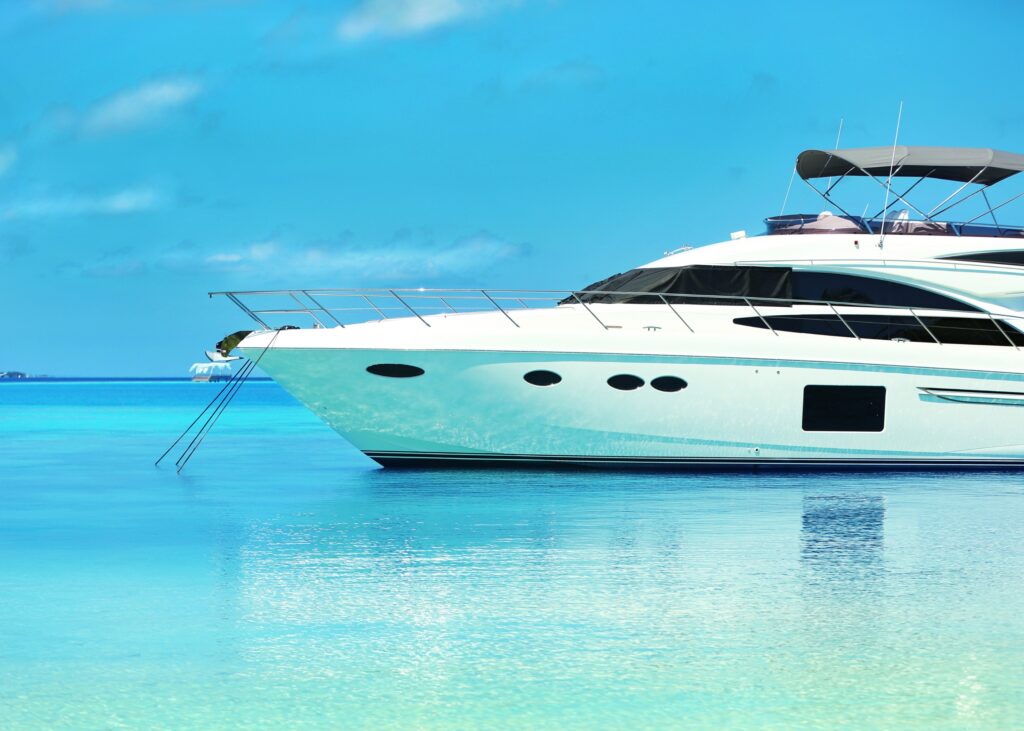
Getting ready to embark on an adventure includes many checklists and planning, no matter your chosen mode of transportation. When on land, it tends to be easier to plan because, ultimately, you can find a grocery store, parts house, gas station, and other suppliers along the way. There are more challenges when going by boat, especially if you are on a long voyage that could take you offshore for days at sea.
Once a few miles offshore, you will no longer be able to access the conveniences of being on a dock or on land. Furthermore, when you arrive at ports of call, the question of how to replenish your supplies will be essential to answer before you set off. Knowing where you will get fuel, water, and provisions will help determine what supplies you will stock your boat with before you leave port.
The essential items to start with are:
· First aid supplies (bandages, gauze, rubbing alcohol, hydrogen peroxide, ointments, pain killers, etc.)
· Toilet paper and body wipes (suitable for those days in between showers)
· Water bottles in addition to your water holding tank. Especially if you do not have water-making (desalination system) on the boat.
· Spare parts for the boat. This will depend on the type of vessel you are using and the kind of parts that commonly need to be replaced. This is a guessing game. You can’t possibly know ahead of time what may go out. It will be based on past experience and shared knowledge.
· SAFETY supplies like flares, batteries, flashlights, etc., go to the US Coast Guard website for a complete list of safety requirements. https://www.uscgboating.org
· Cleaning supplies, toiletries, and other necessities also things for traveling with pets.
· Fishing supplies and licenses depend on where you will be traveling. Check into requirements before you depart. Also, ensure that you have the proper gear for catching and processing the fish for consumption.
· Pocket cash. Some fuel docks and stores accessible by boat are cash only.
Once you have stocked your boat with the above list, the next thing to tackle is food or provisions. Planning for meals while out at sea is challenging. You have to consider the number of people on your excursion and be realistic about replenishment.
How much food you stock up on and prepare ahead of time will depend on the storage available in your cupboards, refrigerators, and freezers. What kind of facilities you have will also dictate how much advance preparation you will need to do. For instance, if you plan to eat freshly caught fish that you cook on your marine barbecue, you might want to serve that with rice and vegetables. You can pre-cook the rice and store it in the refrigerator if you plan to use it within a day or two. Stick the rice in the freezer for longer-term usage.
In general, you allow for at least two planned meals per day. Then have enough supplies on hand for additional days for padding. When planning those meals, think about what kind of food you can batch prepare ahead of time and how you will store that food. If you are traveling along passages with plenty of ports where you can replenish your supplies often, you won’t need to plan so far in advance. The same goes for eating out. If you plan to eat in restaurants on the way, you won’t have to plan for as many meals on board.
You can pre-cook many meals if you have plenty of freezer and fridge space. If you don’t have much of that type of space, you’ll want to plan meals that also utilize your dry space. Also, consider in this planning what kind of ingredients are shelf-stable? Lastly, when preparing meals, select things that can be made while underway and on the dock. If you are not on the dock using shore power, will you cook using your generator or another means? Solar-powered appliances such as hot plates and crockpots are excellent for cooking and use zero power, just let the sun’s rays do the work. There are so many things that can be made in a crockpot. Hop online and look up crockpot recipes. The options will blow your mind.
Make a meal plan, and shop accordingly. To utilize space, dispose of excess packaging. Be sure to inventory what you have on hand and where you stashed it. Also, don’t forget to get cooking oil, butter, and sweet treats that may be hard to source at marina shops or foreign ports. You can freeze things like butter, milk, plant-based products like almond or oat milk, and even shredded cheese can be frozen.
Don’t forget to load up on basics like peanut or other nut butter. Most are shelf stable and can be put on bread with some honey for a satisfying quick meal. Also, pack protein bars or granola bars for quick meal fillers. If you are a coffee or tea drinker, make sure to have a generous supply on board, and don’t forget the creature comforts that boost morale like chocolate.
Lastly, remember that your meals don’t have to be fancy or complicated. Planning ahead and being prepared will provide you with peace of mind that you are ready for the adventure.

